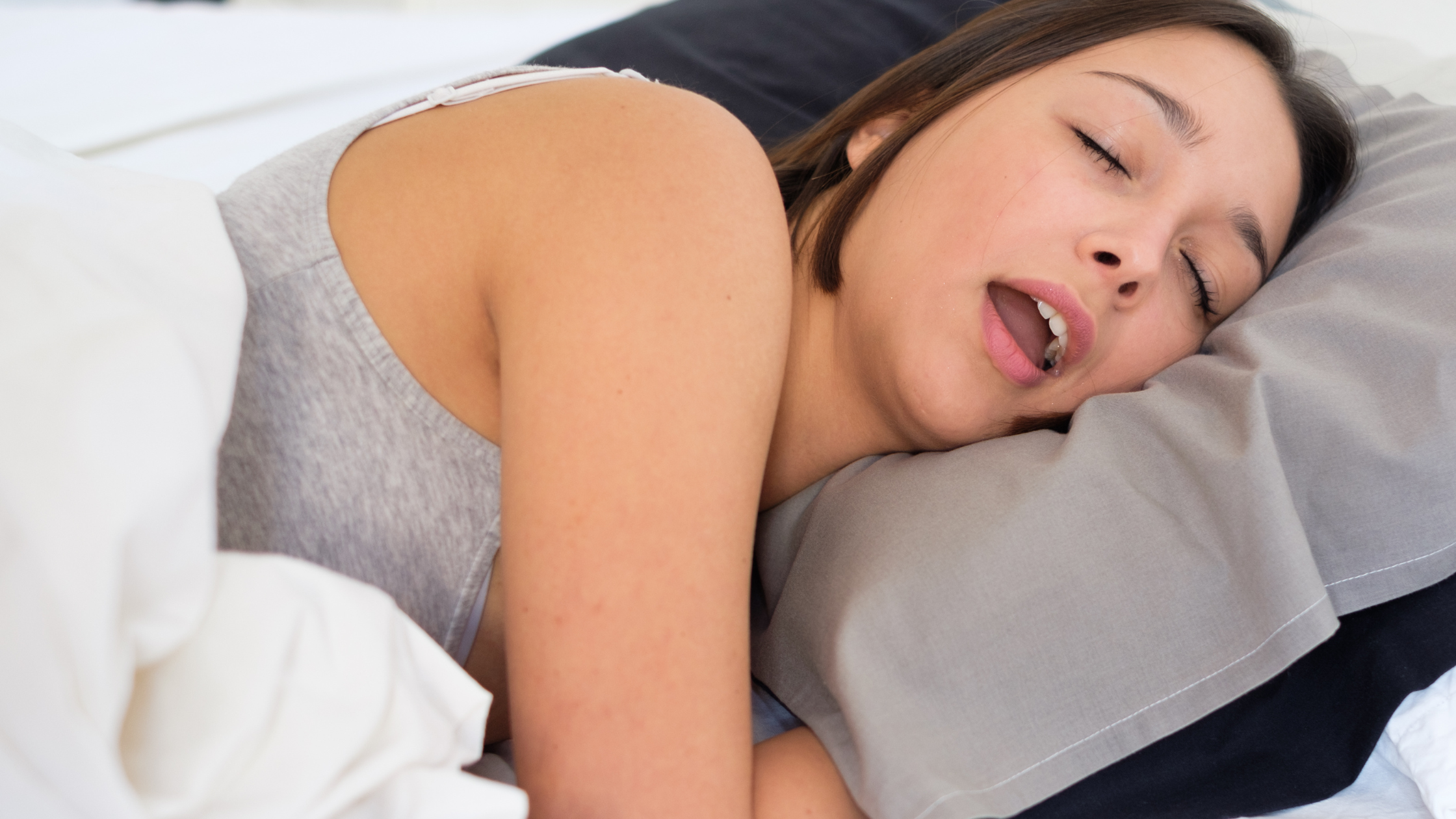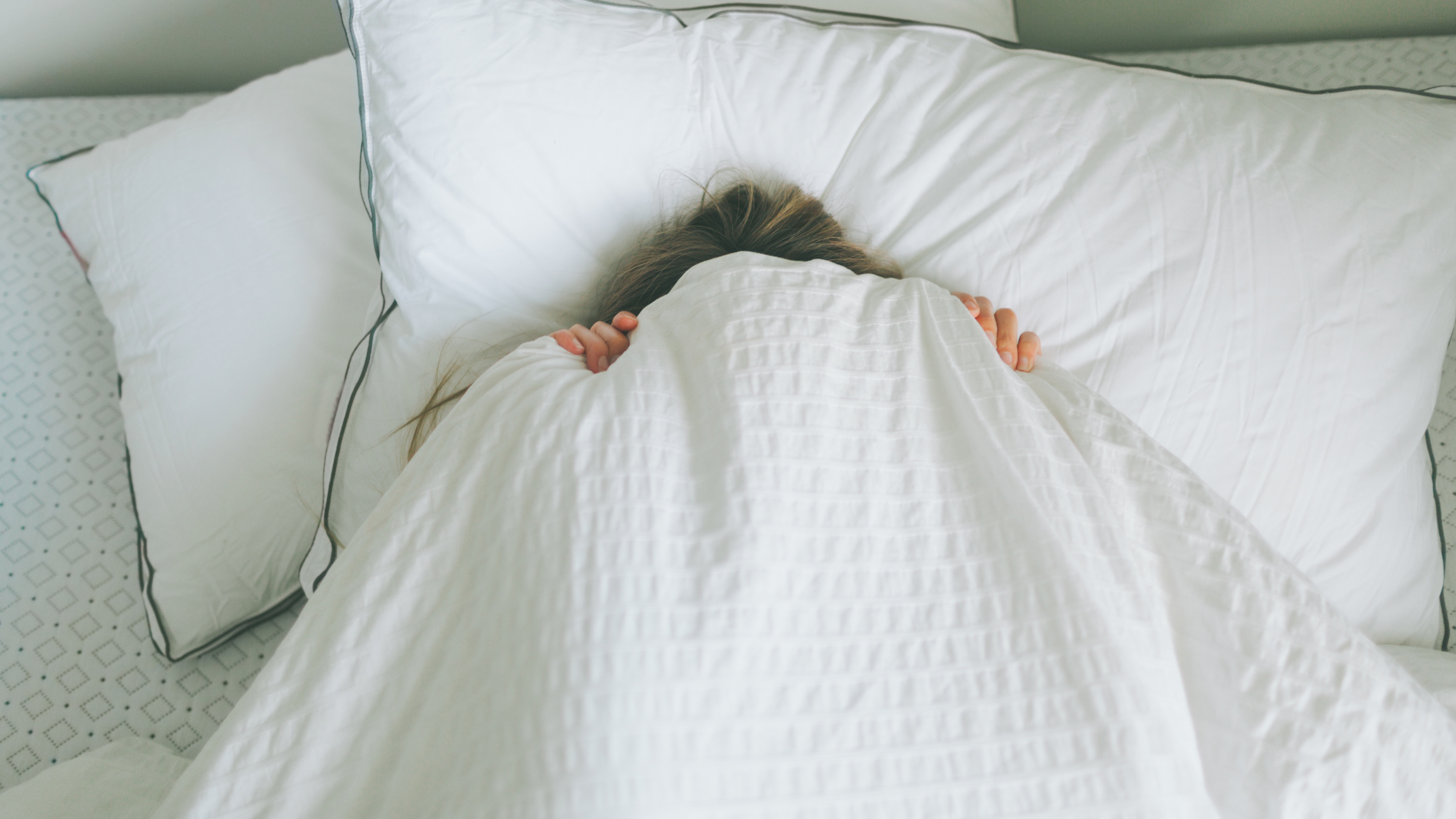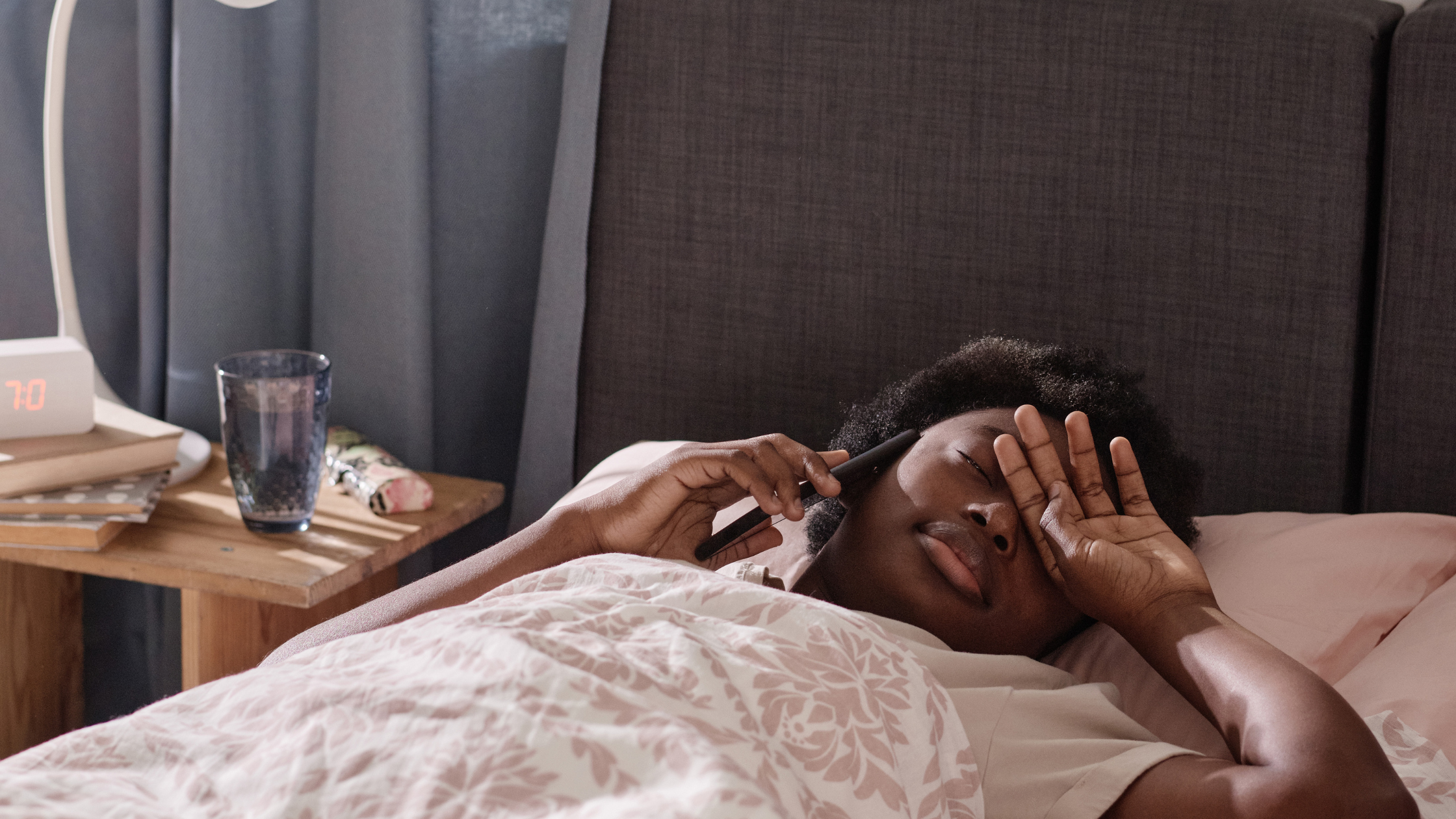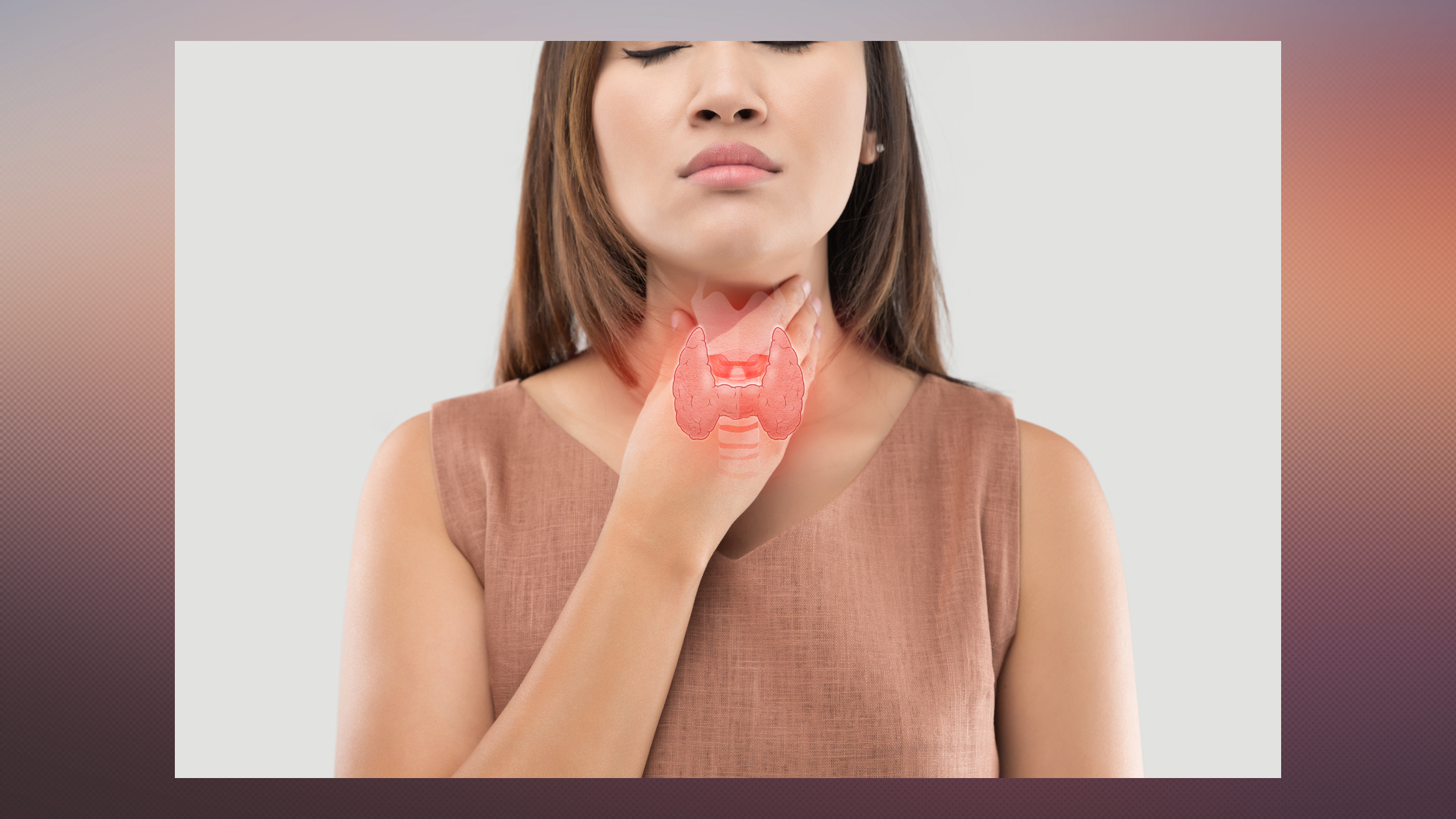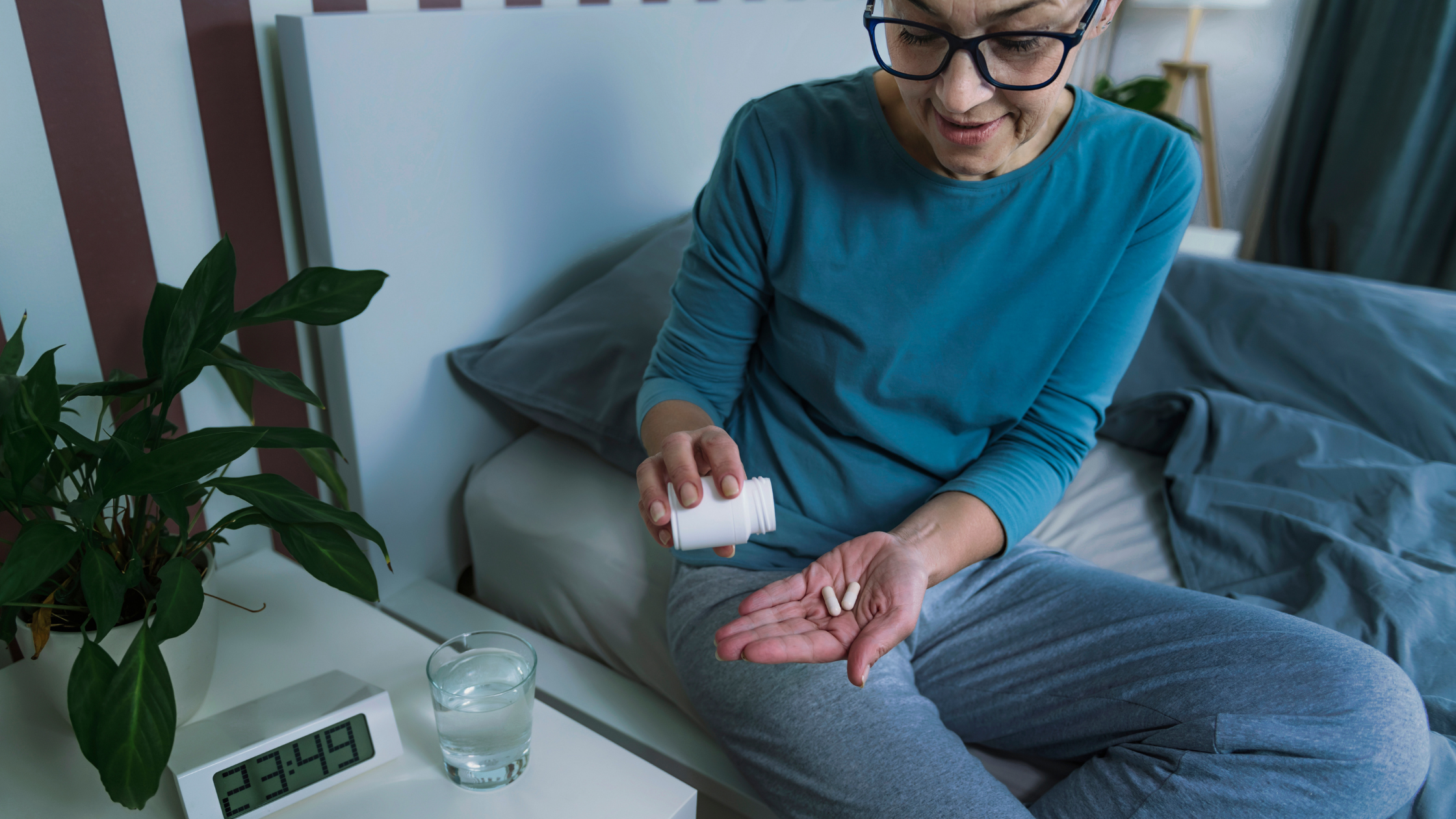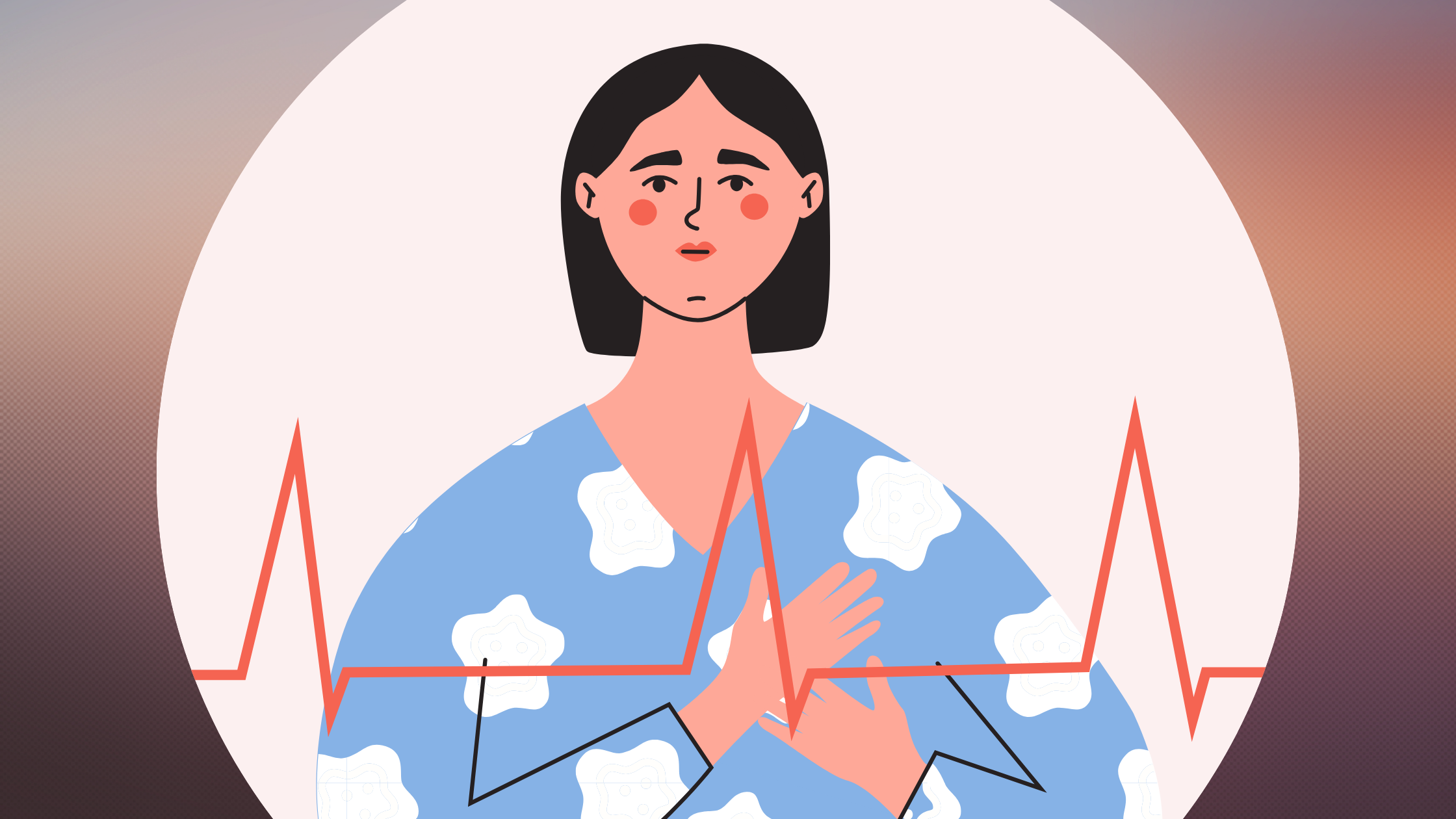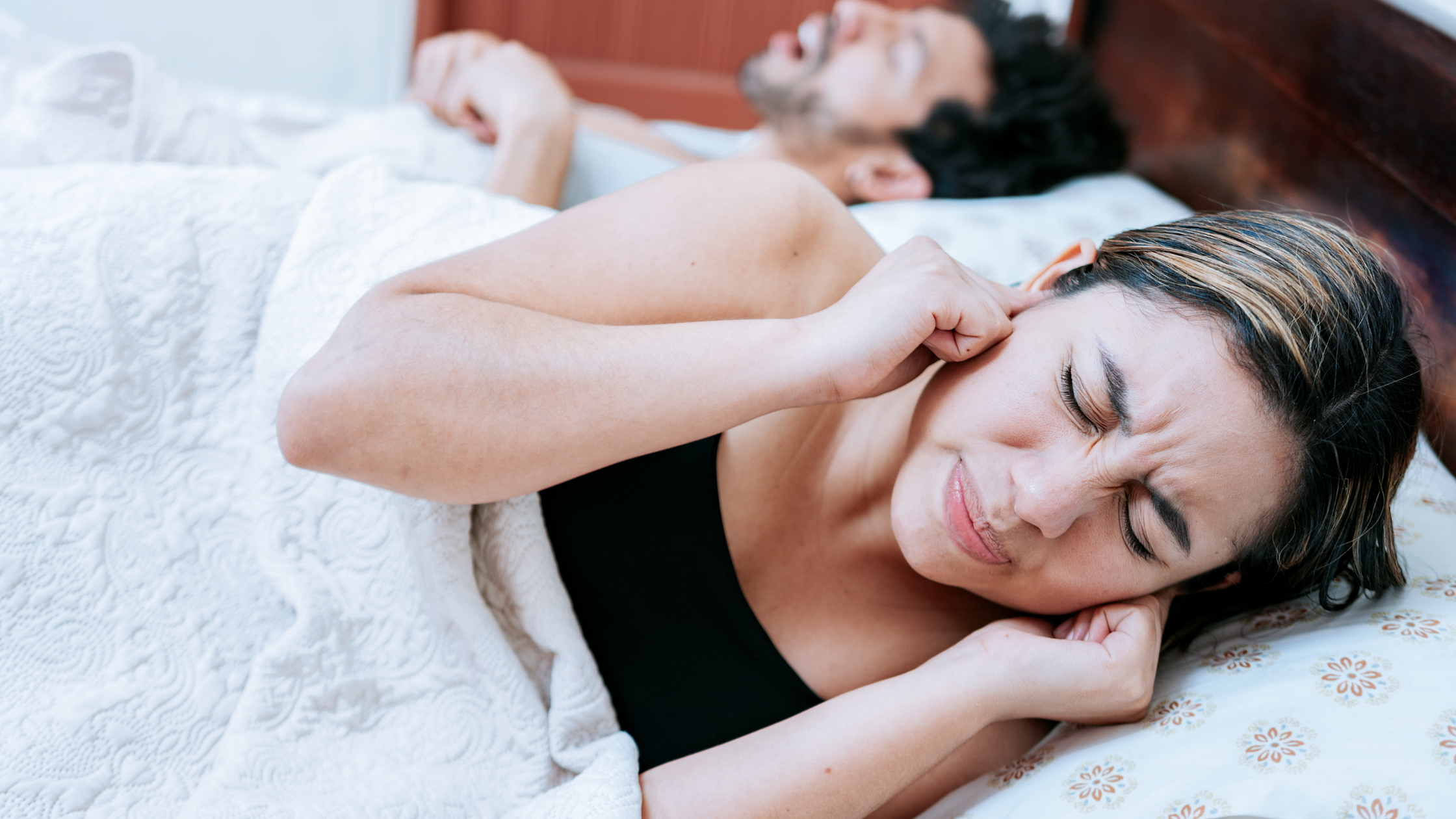Snoring is a common nighttime symphony that can range from a gentle hum to a thunderous roar. While occasional snoring is often harmless, persistent snoring can be indicative of underlying issues, with two common culprits being sleep apnea and allergies. In this blog post, we'll unravel the differences between snoring caused by sleep apnea and snoring triggered by allergies, helping you decode the nighttime sounds and understand when it might be more than just a harmless melody.
Darian Dozier
Recent Posts
Your Guide to Restful Sleep in a Home Away From Home
Traveling can be exciting, but adjusting to a new environment and sleeping in an unfamiliar place can disrupt your sleep patterns and leave you feeling tired and groggy during your trip. Whether you're staying in a hotel, a friend's house, or a vacation rental, there are several strategies you can employ to ensure you get the restful sleep you need. In this blog post, we'll explore practical tips for transforming your temporary abode into a sleep-friendly haven, so you can wake up refreshed and ready to make the most of your adventures.
In today's interconnected world, many professionals find themselves on call, available at all hours to respond to urgent matters. Whether you're a doctor, IT specialist, or part of any other on-call profession, maintaining a healthy sleep routine can be challenging. The irregular schedules and unpredictable disruptions can wreak havoc on your sleep patterns. However, with a few strategies and a mindful approach, you can still prioritize and achieve restful sleep even while on call.
Understanding Hypothyroidism and Its Impact on Sleep
Sleep is a crucial aspect of our overall health and well-being, yet many people struggle with sleep disturbances that can be linked to various underlying health conditions. One such condition that often affects sleep patterns is hypothyroidism. Hypothyroidism occurs when the thyroid gland doesn’t produce enough thyroid hormones to meet the body's needs. This deficiency can lead to a range of symptoms, including fatigue, weight gain, and changes in sleep patterns.
In this blog post, we will explore the connection between hypothyroidism and sleep changes, how these changes manifest, and what steps can be taken to manage sleep disruptions associated with this condition.
As a surgeon, your demanding profession requires peak physical and mental performance. The importance of good sleep cannot be underestimated, as it directly impacts your ability to make crucial decisions, perform complex procedures, and maintain overall well-being. In this blog post, we'll delve into effective strategies to help you achieve restorative sleep amidst your hectic schedule.
The Intricacies of Rebound Insomnia and Melatonin Use
In the pursuit of restful nights, many individuals turn to melatonin supplements as a natural aid for sleep. While melatonin is often praised for its potential to regulate sleep-wake cycles, a lesser-known phenomenon called rebound insomnia can emerge. This blog post aims to delve into the complexities of rebound insomnia and its relationship with the use of melatonin.
Creating a Blissful Wind Down Routine for Restful Nights
In today's fast-paced world, finding moments of calm and tranquility has become more important than ever. Amid the hustle and bustle of daily life, establishing a wind down routine can be the key to unlocking restful nights and a healthier, more balanced lifestyle. A wind down routine is a series of calming activities that signal to your body and mind that it's time to relax and prepare for a good night's sleep. Here, we'll guide you through the steps to create your own personalized wind down routine for ultimate relaxation.
The Science Behind Sleep, Intermittent Fasting, and Weight Loss
In the pursuit of achieving a healthier lifestyle and shedding unwanted pounds, people often explore various strategies such as intermittent fasting and modifying their sleep patterns. The intriguing connection between sleep, intermittent fasting, and weight loss has captured the attention of researchers and health enthusiasts alike. In this blog post, we delve into the scientific underpinnings of this relationship and how these two factors can synergistically contribute to effective weight management.
Exploring Bradycardia and Sleep: Understanding the Connection
Bradycardia, a condition characterized by an abnormally slow heart rate, can have various implications on overall health, including its potential impact on sleep patterns and quality. In this blog post, we'll delve into the relationship between bradycardia and sleep, exploring how this condition can influence nighttime rest and what individuals with bradycardia should be aware of when it comes to their sleep health.
Exploring the Strong Link Between Sleep Apnea and Heart Failure
In the realm of medical research, the intricate connections between seemingly unrelated conditions continue to astound us. One such striking correlation exists between sleep apnea and heart failure. Sleep apnea, a disorder characterized by interrupted breathing during sleep, and heart failure, a condition where the heart struggles to pump blood effectively, share a complex relationship that has garnered increasing attention from researchers and healthcare professionals alike. In this article, we delve into the intricacies of this connection, understanding its mechanisms, consequences, and the significance of early detection and management.

